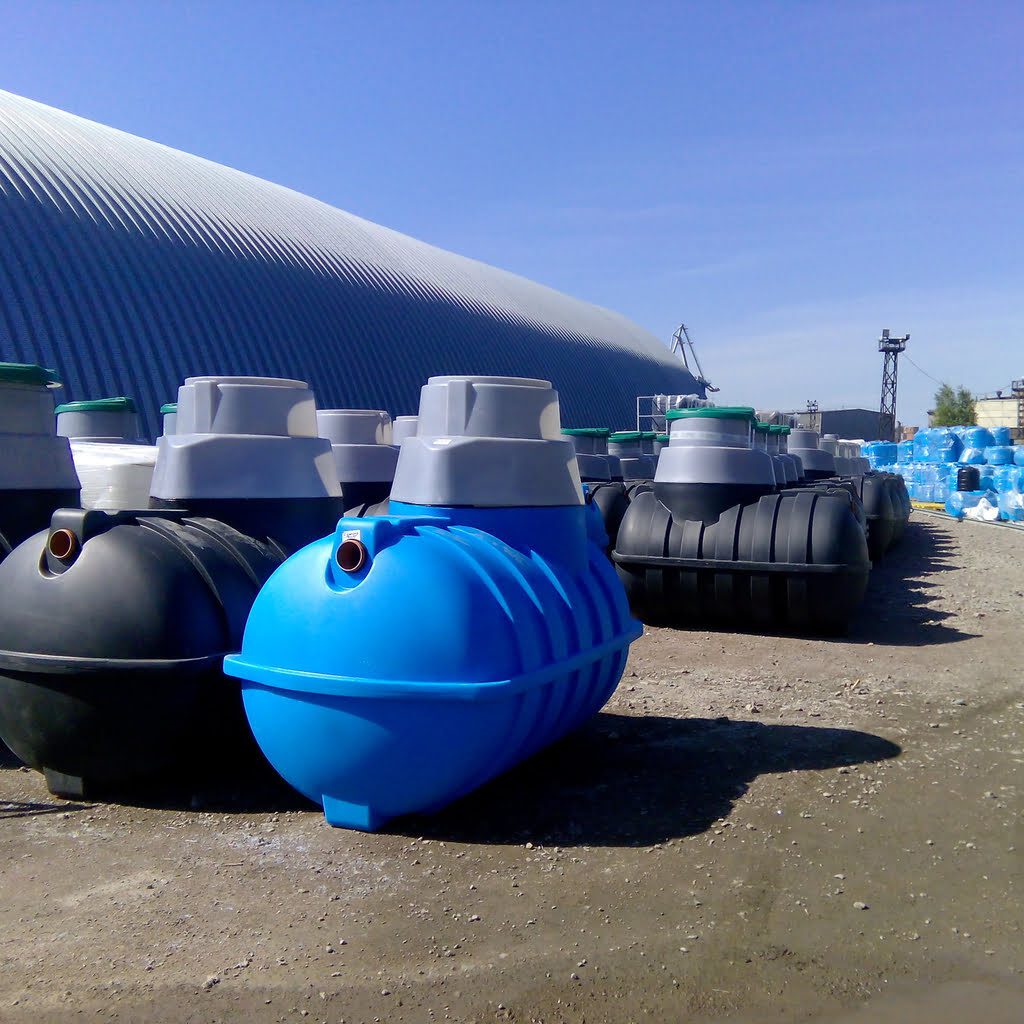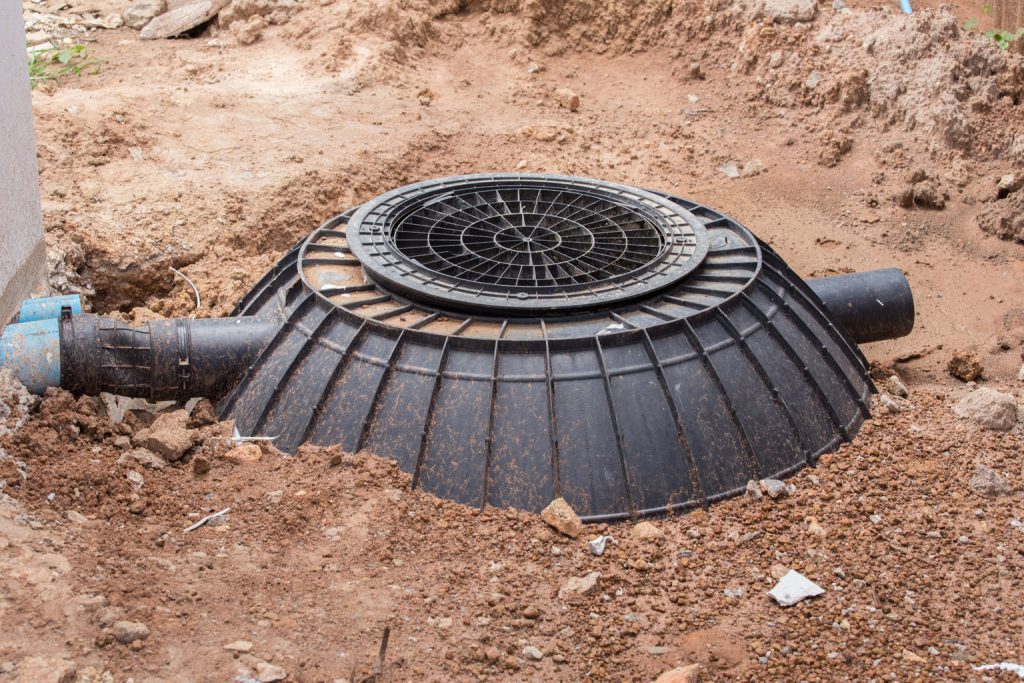What You Need To Know Before Getting Septic Tank Connected To Public Sewer Line
If you’re thinking of getting septic tank connected to public sewer line, there are a few things you need to know first. While this can be a great option for those who want the benefits of city sewer without the expense and hassle of installing one, there are some things you need to consider before making the switch. Here are just a few:

- Check with your local municipality or utility company to see if public sewer is available in your area. If it is, they will be able to provide you with the necessary information and paperwork to get started.
- Make sure your septic tank is in good working condition before connecting it to the public sewer line. This means having it pumped and inspected regularly, and making any repairs that may be needed.
- Once you’re connected to the public sewer line, you’ll be responsible for paying a monthly sewer service fee. This fee is usually based on the size of your home and/or the amount of wastewater you generate.
- You may need to make some changes to the way you use water in your home once you’re connected to the public sewer line. This is because any water that goes down the drain will now be treated at the municipal wastewater treatment plant instead of your septic tank.
By taking the time to understand the requirements and responsibilities that come with connecting your septic tank to the public sewer line, you can make sure it’s the right decision for you and your home.
- One of the biggest benefits of connecting your septic tank to the public sewer line is convenience. With a properly functioning septic system, you have to pump out the tank every few years, but with a public sewer connection, this is done for you. In addition, if there is a problem with your septic tank, it can be difficult and expensive to fix, but with a public sewer connection, help is just a phone call away.
- Another benefit of connecting to the public sewer is that it can save you money. If you have a well and septic system, you are responsible for all the costs associated with maintaining them. This can include things like pumping out your septic tank, repairing or replacing parts, and paying for water tests. However, if you connect to the public sewer, these costs are shared by everyone who uses it, which can save you a lot of money in the long run.
- Finally, connecting to the public sewer line can help protect the environment. Septic tanks can leak pollutants into the ground, which can contaminate groundwater and surface water. By connecting to the public sewer line, you can help keep these pollutants out of our waterways.

If you’re considering connecting septic tank to the public sewer line, be sure to do your research and talk to your local municipality to learn about the requirements and procedures. Once you’ve made the switch, you’ll enjoy the benefits of city sewer without the hassle and expense of installing and maintaining your own septic system.
https://www.google.com/maps?cid=9085182458872637476